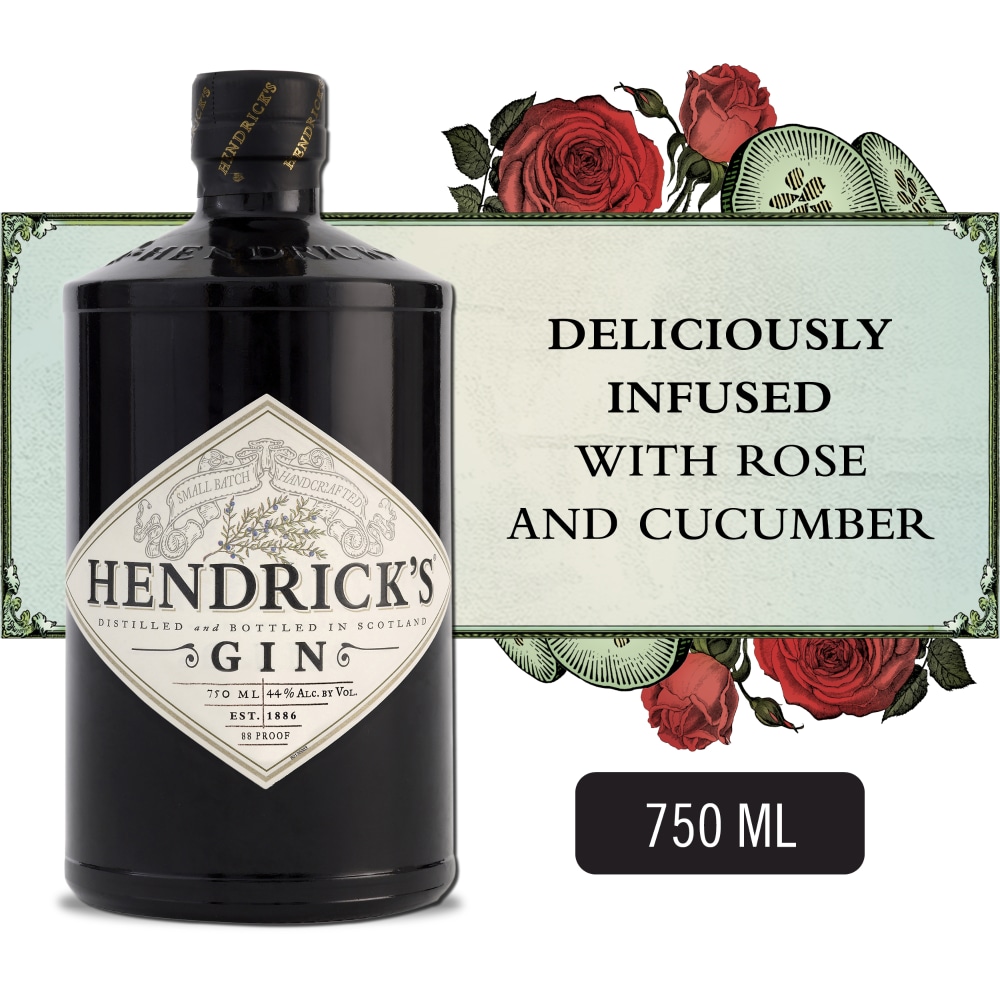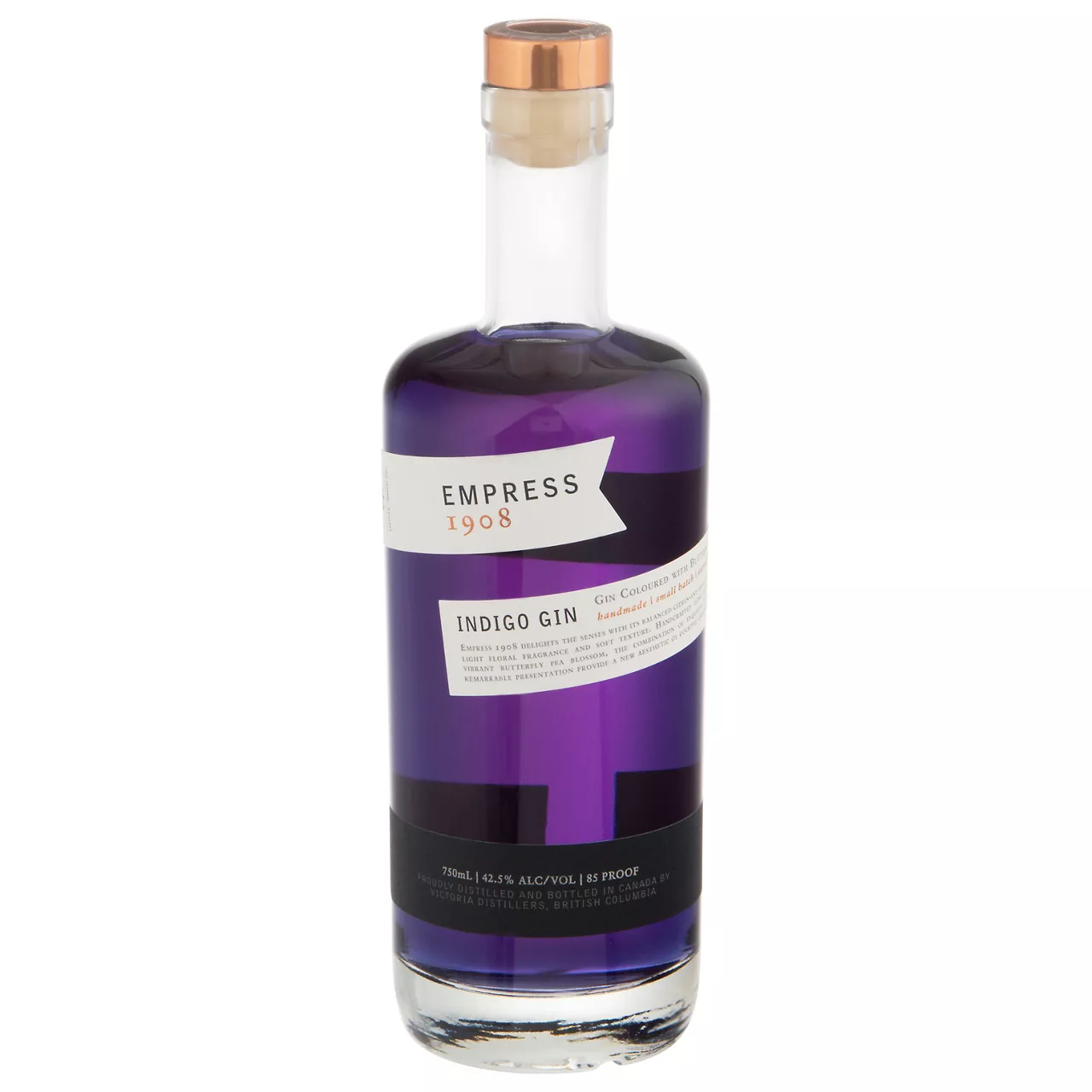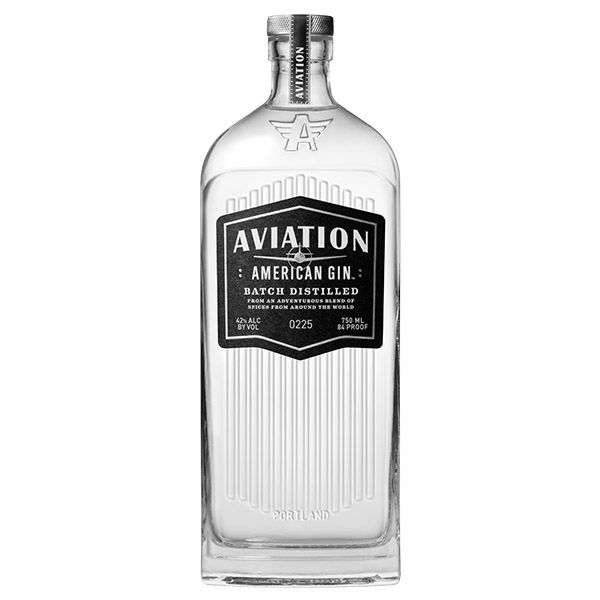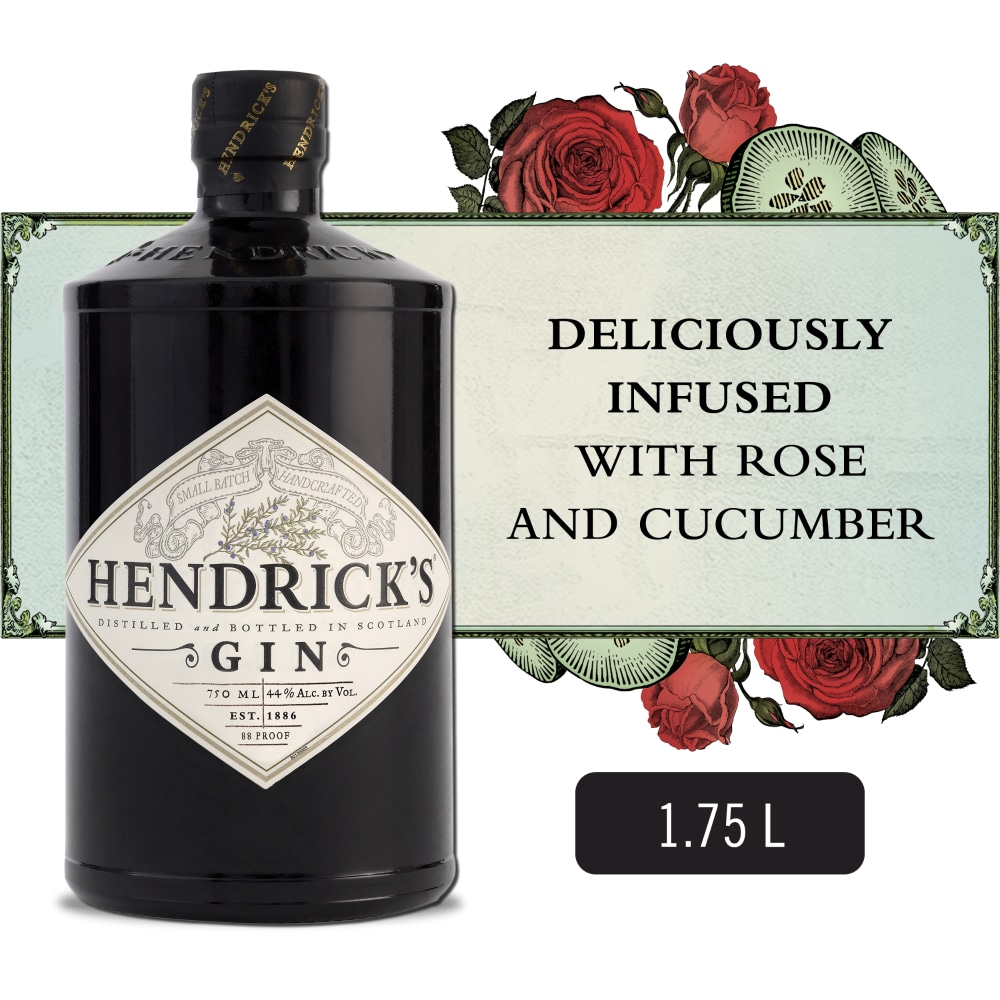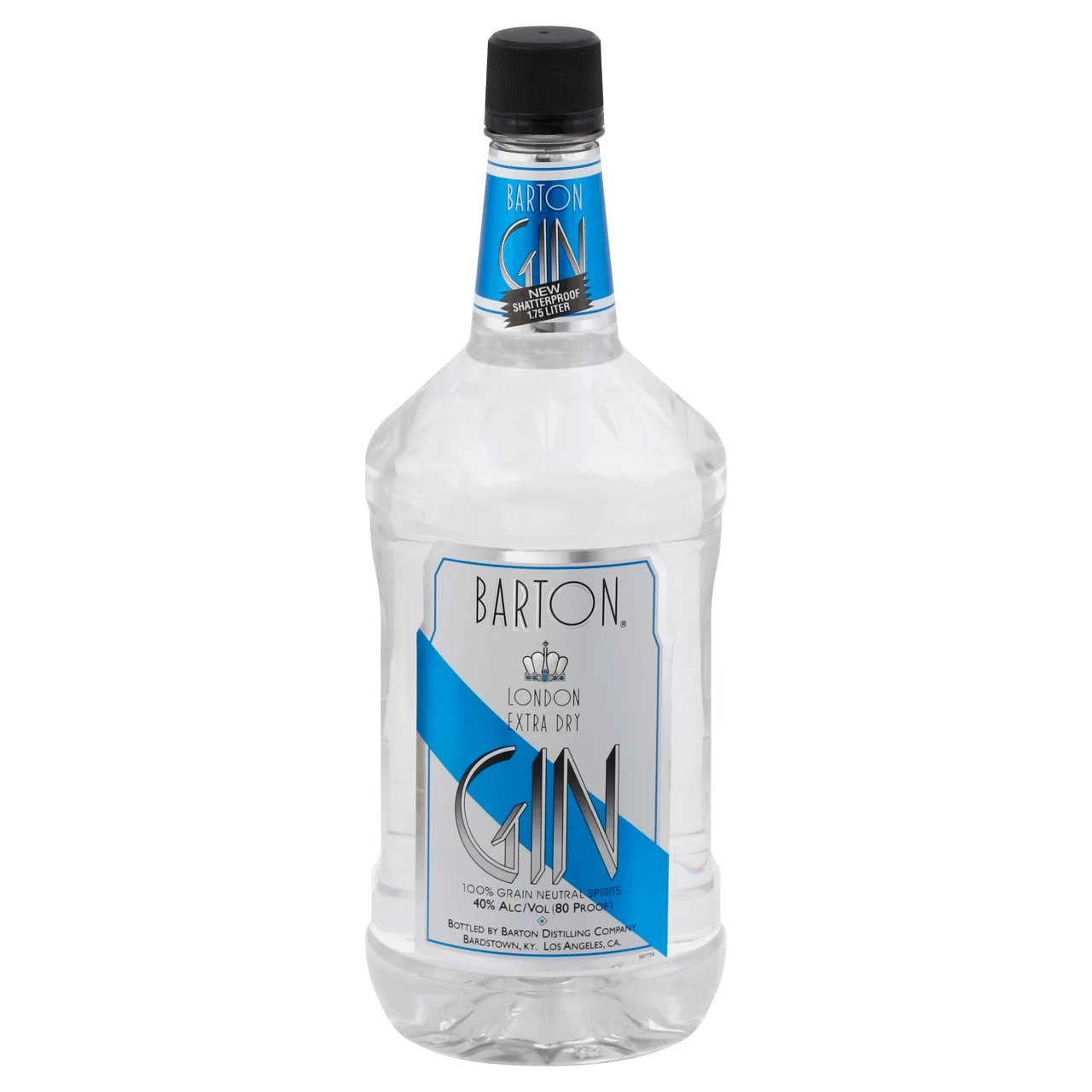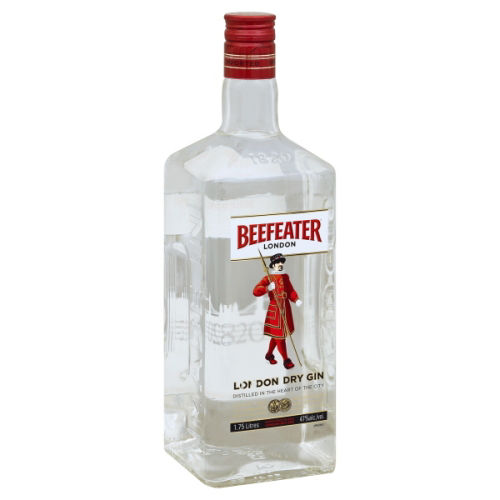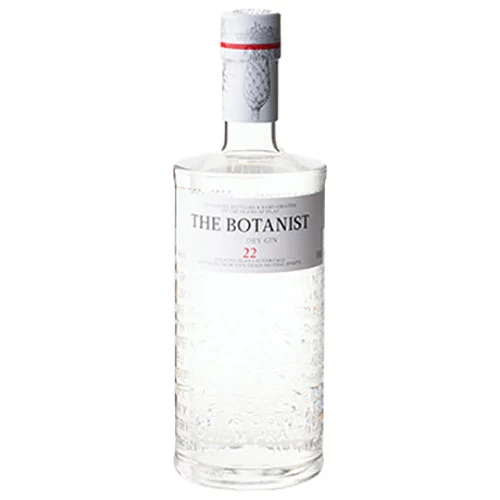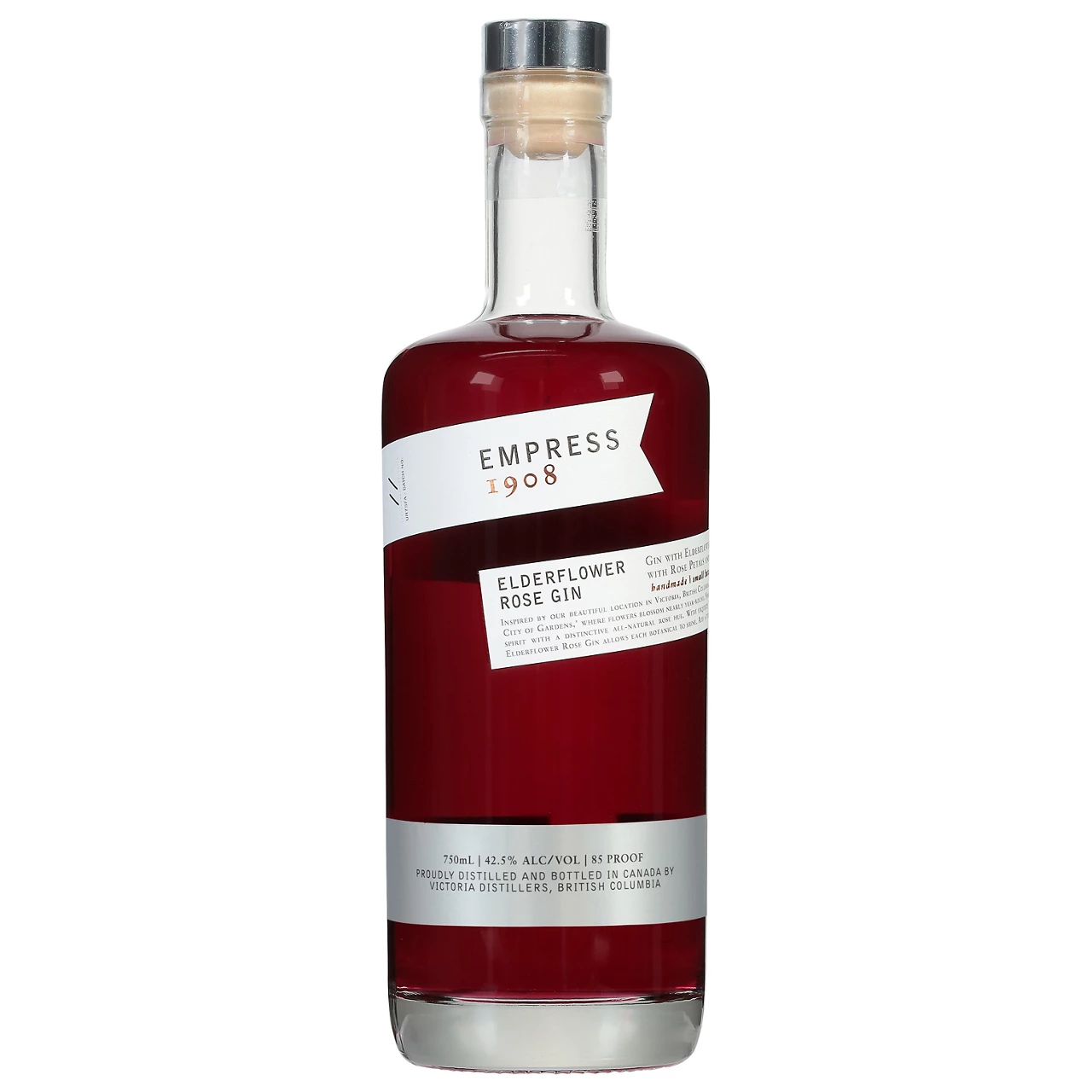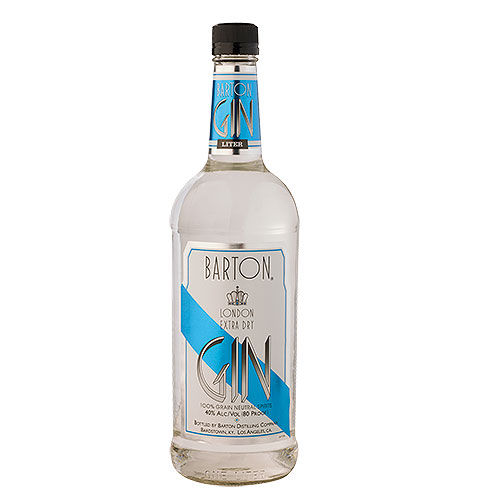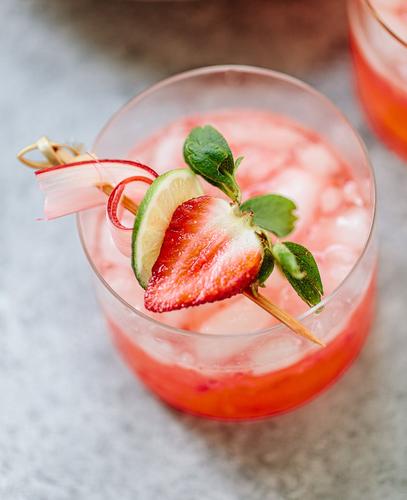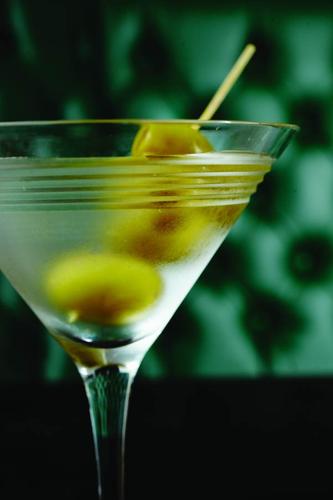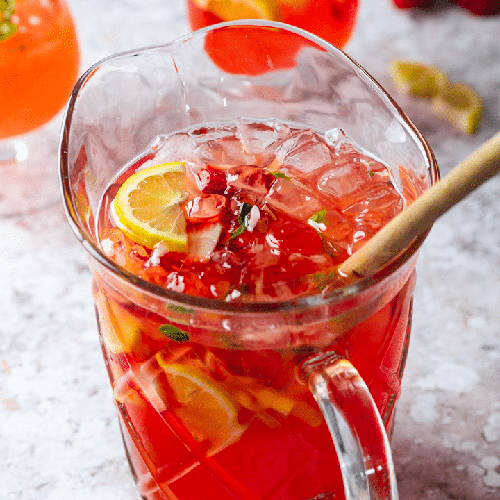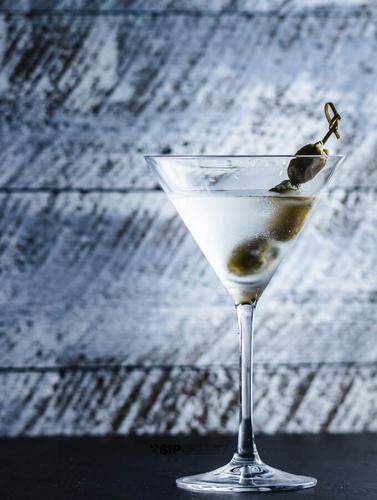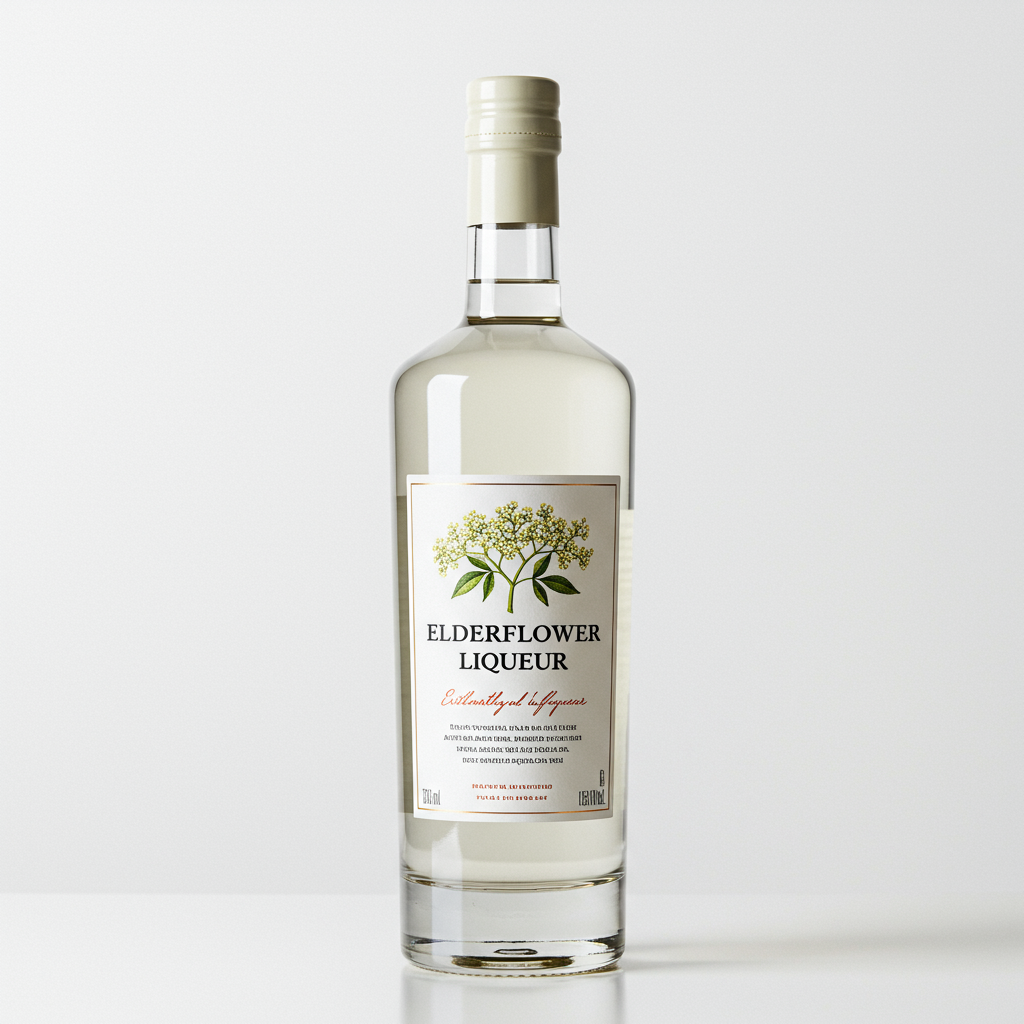COCKTAILS
Gin
Gin, a widely popular clear spirit, originates from Europe and is a staple in many classic cocktails. Distilled from grains and flavored with juniper berries, it provides a distinctive taste that can be described as piney and herbaceous, with botanical notes.
The versatility of this spirit shines in the home bartender's arsenal. Widely known for its role in the iconic Gin and Tonic and Martini, gin is a crucial ingredient for a variety of drinks. Experimenting with different types will offer varying aromatic profiles, elevating your cocktail-making experience.
707 Gin Products
Used In 6 Recipes
Gin Is Frequently Used With
Gin FAQ
Gin has its roots as a medicinal liquor but became more widely consumed for delight than treatment. Nowadays, gin is also used as a base for many cocktails because of its robust flavour and sprucy freshness, though newcomers to gin often struggle with understanding its various types, blends, and best uses.
The common mistake with gin is using the wrong type for a particular cocktail or consuming it the wrong way. Each gin variety has a different preparation process and unique flavours, hence it's critical to use the one that best suits your taste preference or a specific cocktail recipe. Using a high-quality gin is always more beneficial as cheaper brands usually overdo the juniper, creating a pine-needle flavor that's overpowering.
To make the most out of gin, consider pairing it with different mixers not just the regular tonic. Try it with grapefruit soda, ginger ale or even in a warm spiced apple cider. Another tip, use it sparingly in cooking not just for drinking. It can make for a zesty marinade, a flavourful addition to sauces or a twist in desserts - the possibilities are endless.
Is there a substitute for gin in cooking recipes?
How to use gin in cooking?
What are the different types of gin?
Which type of gin is best for a gin and tonic?
Why does gin taste like pine needles?
Why are there so many flavors of gin?
What is the difference between gin and vodka?
When to shake gin and when to stir?
What type of glass is appropriate for gin?
Does the type of tonic matter when making a gin and tonic?
Expiration & Storage Tips
When does gin expire?
Unopened gin can last indefinitely if stored in a cool, dark place. The labels printed on the bottles are more for optimal flavor than actual spoilage. An opened bottle of gin should be enjoyed within a year, although it won't become harmful to consume even past that timeframe, but be aware that the flavor can start to decline after the first year.
How do you tell if gin is bad?
Given gin’s high alcohol content, it isn’t likely to spoil. However, you may notice a difference in taste if it is too old or wasn’t stored properly. If gin has been stored in the light, it may develop a yellow or brown tinge. If your gin has small floating particles it could be a sign of contamination, especially if it has been opened as airborne contaminants can sometimes find their way into the bottle. A yeasty smell can signal spoilage bacteria have gotten into the gin, particularly if it has been improperly stored. If your gin has any of these indicators, it could be past its prime.
Tips for storing gin to extend shelf life
• Store your gin, whether opened or unopened, in a cool, dark place out of direct sunlight to preserve its flavor.
• Avoid storing gin or any spirits in the refrigerator, as the low temperatures can dull the flavors over time.
• Keep the bottle tightly sealed when not in use to prevent alcohol from evaporating and other particles from contaminating it.
• Do not store gin near strong-smelling food or substances as it can absorb the scents and it might impact the flavor of your gin.
EXPIRES WITHIN
27 - 27.4
YEARS
Equivalents
Health Info
Macros
Allowed on these diets
LOW FAT
HIGH CALCIUM
VEGETARIAN
KETO
LOW CARB
VEGAN
LACTOSE FREE
GLUTEN FREE

